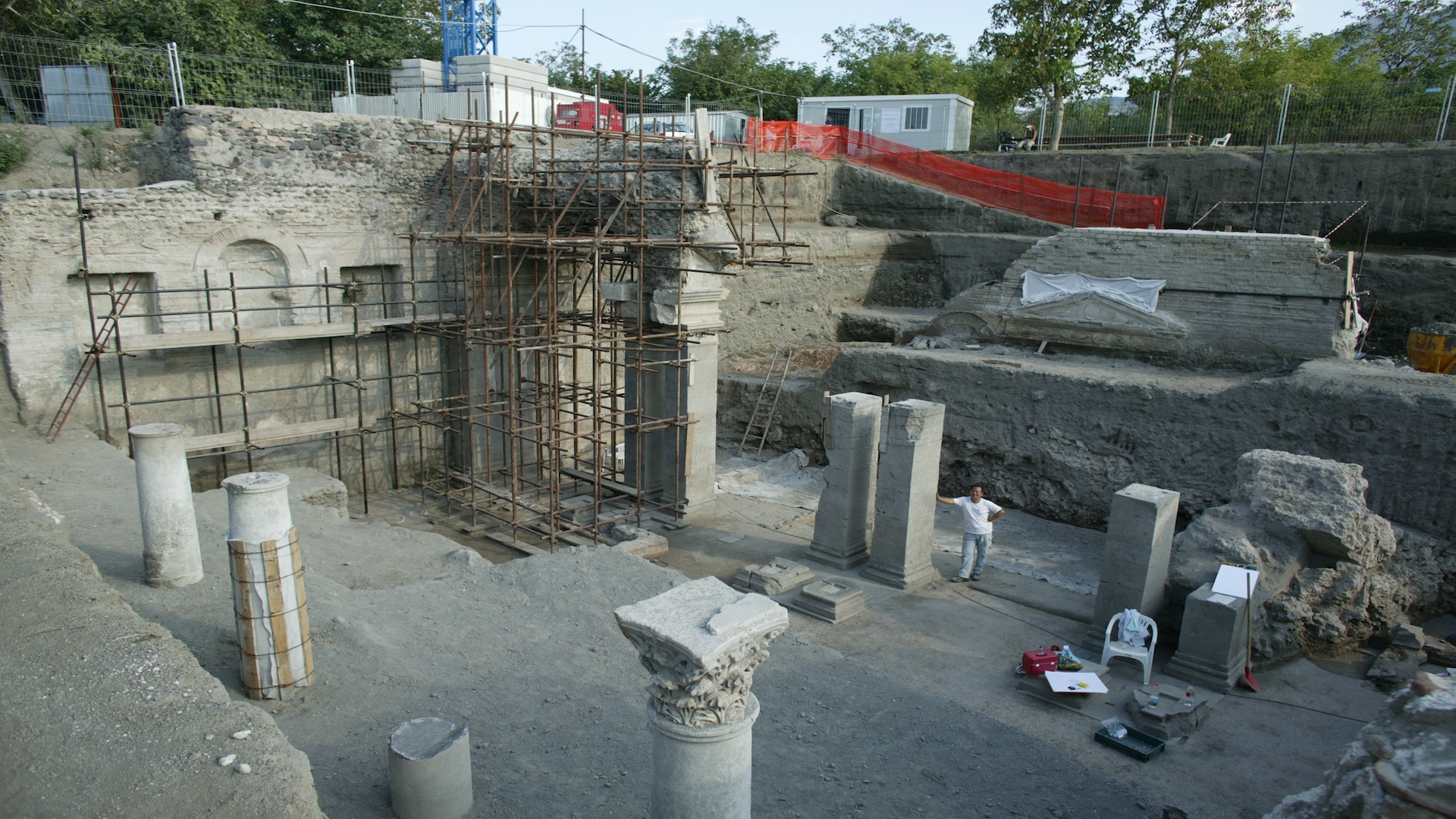Pharmaceuticals, Vol. 17, Pages 515: Chrysin Inhibits TAMs-Mediated Autophagy Activation via CDK1/ULK1 Pathway and Reverses TAMs-Mediated Growth-Promoting Effects in Non-Small Cell Lung Cancer
Pharmaceuticals doi: 10.3390/ph17040515
Authors: Xinglinzi Tang Xiaoru Luo Xiao Wang Yi Zhang Jiajia Xie Xuan Niu Xiaopeng Lu Xi Deng Zheng Xu Fanwei Wu
The natural flavonoid compound chrysin has promising anti-tumor effects. In this study, we aimed to investigate the mechanism by which chrysin inhibits the growth of non-small cell lung cancer (NSCLC). Through in vitro cell culture and animal models, we explored the impact of chrysin on the growth of NSCLC cells and the pro-cancer effects of tumor-associated macrophages (TAMs) and their mechanisms. We observed that M2-TAMs significantly promoted the growth and migration of NSCLC cells, while also markedly activating the autophagy level of these cells. Chrysin displayed a significant inhibitory effect on the growth of NSCLC cells, and it could also suppress the pro-cancer effects of M2-TAMs and inhibit their mediated autophagy. Furthermore, combining network pharmacology, we found that chrysin inhibited TAMs-mediated autophagy activation in NSCLC cells through the regulation of the CDK1/ULK1 signaling pathway, rather than the classical mTOR/ULK1 signaling pathway. Our study reveals a novel mechanism by which chrysin inhibits TAMs-mediated autophagy activation in NSCLC cells through the regulation of the CDK1/ULK1 pathway, thereby suppressing NSCLC growth. This discovery not only provides new therapeutic strategies for NSCLC but also opens up new avenues for further research on chrysin.

 1 week ago
16
1 week ago
16


